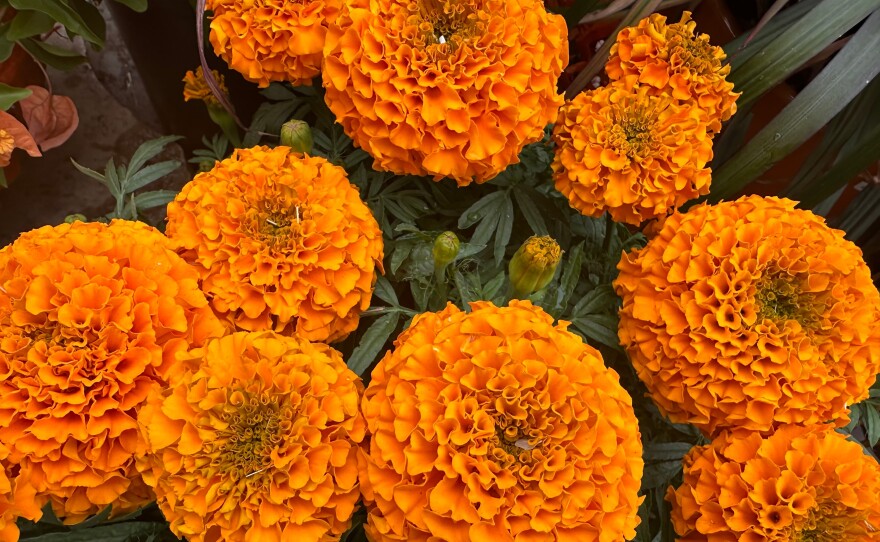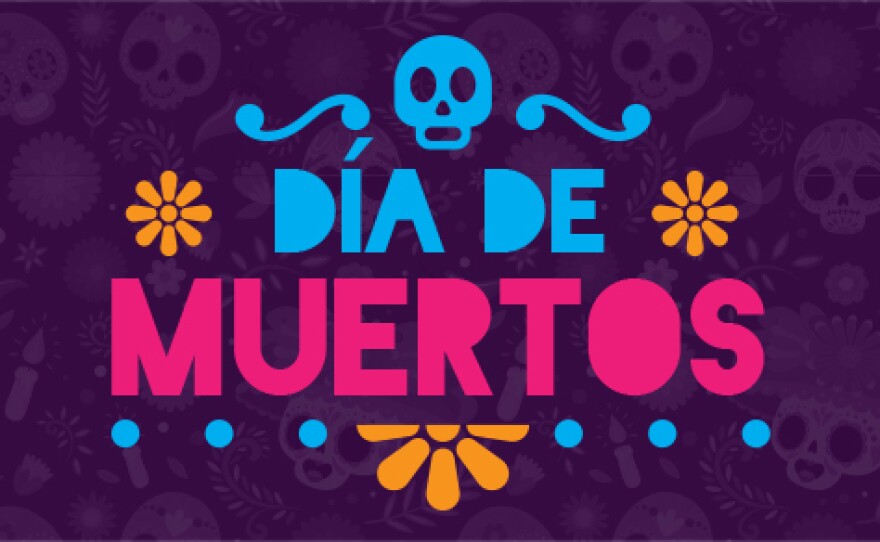Grief like politics and sex is often a taboo topic, a profound human experience deemed too raw or too dangerous for honest conversation. Although most of us will face loss multiple times in our lives, experts say society imposes an unspoken timeline on grief.
Condolences and wellness checks fade quickly, and by the time individuals are truly grappling with their loss, they often find themselves feeling isolated and alone. In 2023, the United States Surgeon General named loneliness a national epidemic.
Alan Wolfelt, bestselling author, grief educator and director of the Center of Loss and Life Transition shared insights into grief via email with KPBS.
Are grief and mourning the same?
Not quite. According to Wolfelt, they have distinctive differences. He describes grief as the "internal thoughts and feelings we experience when someone we love dies." Whereas mourning is expressing those internal thoughts externally.
How does your cultural background affect grief?
Culture is the set of values, rules and traditions guiding your family, typically passed down and shaped by your family's geographic origins, and it’s no surprise that it can have an effect on grieving. Wolfelt explained that culture is vital to how you show up in the world.
“Your cultural background is an important part of how you experience and express your grief,” he shared.
What are ways to support someone I love who is suffering from grief?
Be aware of holidays and anniversaries. Wolfelt shared they can underscore the absence of a loved one. "Respect this pain as a natural extension of the grief process," he wrote. "And, most importantly, never try to take away the hurt.”
What should I say to someone who is grieving?
This is a time when listening and offering help with tasks, errands or chores is more helpful than platitudes, he advised. What you might find inspiring might feel demeaning to someone in grief. Wolfelt cautioned against using common clichés like: “You are holding up so well,” “Time heals all wounds,” “Think of all you still have to be thankful for” or “Just be happy that he’s out of his pain.” They are not constructive.
Where to go for support?
Don’t suffer alone or in silence. Wolfelt recommended speaking to a professional counselor or a spiritual leader for trained guidance and support as a natural extension of your support system. There are also a number of support groups that cater to grief; Wolfelt advised for many support groups are "one of the best helping resources."






